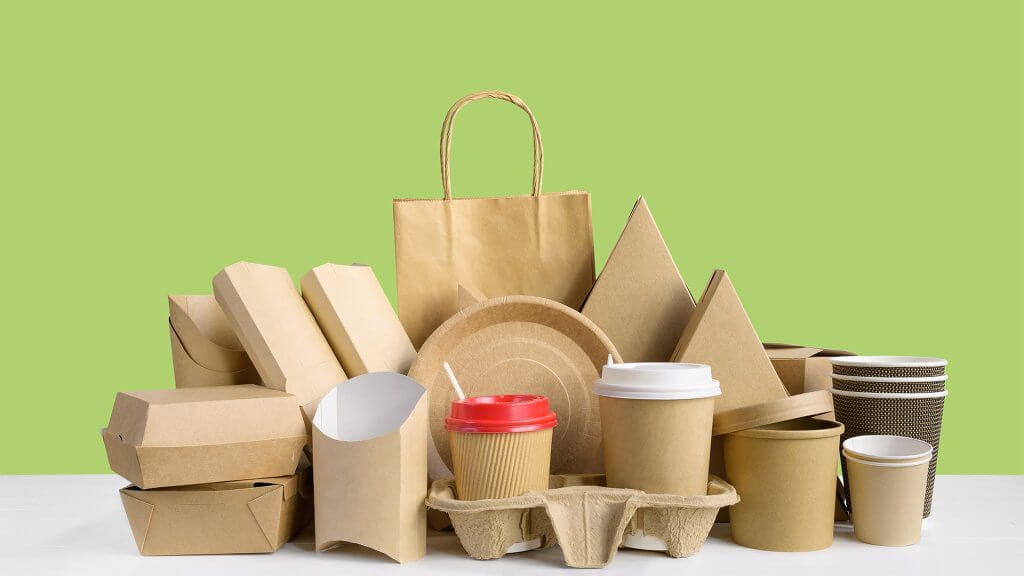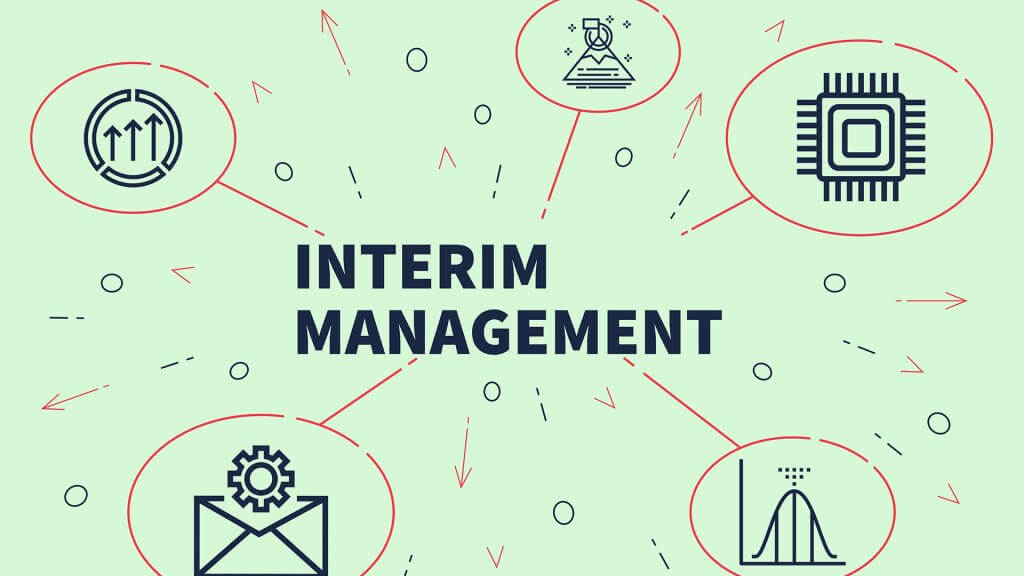
As we approach the end of the 2021, companies are looking for ways that they can strengthen their finances after Covid and against the threat of inflation and interest rate rises next year.

The engineering sector has had a torrid time in the past 18 months. From project cancellations to a growing skills gap, the industry is in need of government support.

Electrix, manufacturer of Kabelkanal, explores the topic of sustainability within the food and drinks market. What is this industry doing to ensure it provides green, sustainable products?

According to new data from the recruitment site, CV Library, job postings in October 2021 were up 26% month-on-month for roles in the hospitality industry, and there was a huge 383% increase compared to the same month last year.

Blackbird plc, the technology licensor, developer and seller of the market-leading cloud native video editing platform, Blackbird, announced today that Eurovision Sport has engaged with Blackbird to drive cloud native video production workflow efficiencies for its members in a multi-year deal.

NCH Europe today released a sustainable guide to industrial products, highlighting the company’s continuing drive towards better products for a healthier planet.

New research has revealed a looming HR crisis amongst British businesses, with just a third of UK office workers feeling as though they belong within a company. This means that as many at 16 million employees are currently suffering from a feeling of isolation in the workplace.

At almost every point in every supply chain, companies are facing unprecedented levels of change and uncertainty. Challenges from Covid to Brexit, driver shortages to microchip shortages, eCommerce to ethical consumerism, mean that businesses are having to learn, change and adapt their logistics operations at great speed, and often in areas where they lack high-level skills and expertise.

This latest PPDS partnership combines Logitech’s advanced range of video conferencing and audio solutions with the dedicated Philips-branded corporate and education display ranges to offer extensive, unrivalled online meeting and collaboration capabilities for hybrid working and learning.

Facebook stated that it will hire 10,000 European Union workers over the next five-years to work on its new computing platform. It promises to connect people virtually, but there are concerns about privacy and how the social network can gain more control over users' online lives.

Currently, women represent only 2% of the maritime industry, while only eight% of employees in engineering are women. This is in stark contrast to the UK workforce as a whole, of which women make up 47%.

As time goes on, the way things are conducted changes. Whether In this article, we’ll look at the different shopping habits consumers have experienced over the years.











